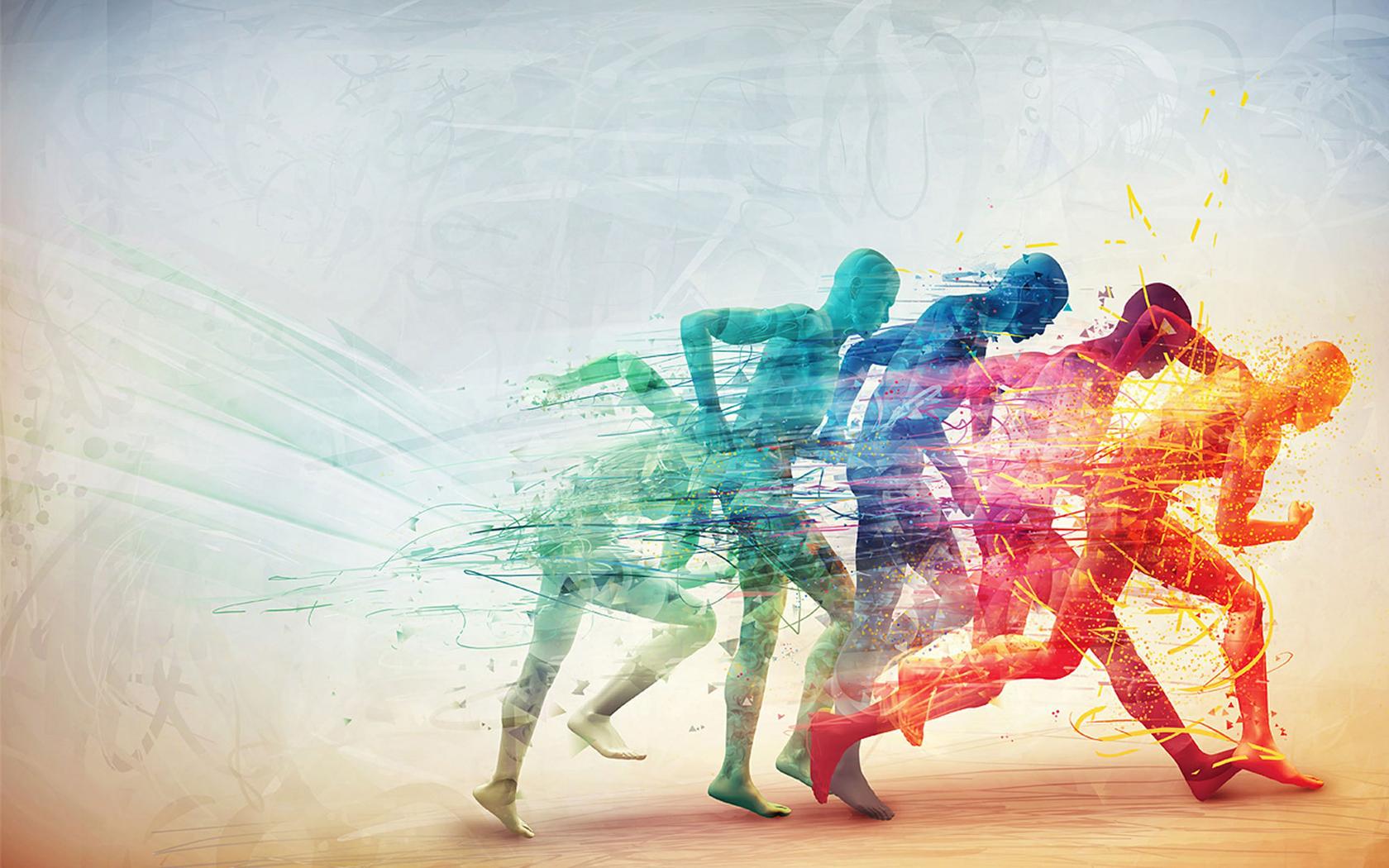This course shall develop students’ sense of awareness and social responsibility to contribute worthwhile efforts to the community gearing towards nation building.
Section 3 of the Implementing Rules and Regulations of NSTP Act of 2001 defined National Service Training Program as a program aimed at enhancing civic consciousness and defense preparedness in the youth by developing the ethics of the three program components (Reserved Officers’ Training Corps/ROTC, Literacy Training Service/LTS and Civic Welfare Training Services/CWTS), specially designed to enhance the youth’s active distribution to the general welfare.
Course Description
The course analyzes Philippine history from multiple perspectives through the lens of selected primary sources coming from various disciplines and of different genres. Students are given opportunities to analyze the author’s background and main arguments, compare different points of view, identify biases and examine the evidences presented in the document. The discussions will tackle traditional topics in history and other interdisciplinary themes that will deepen and broaden their understanding of Philippine political, economic, cultural, social, scientific and religious history. Priority is given to primary materials that could help students develop their analytical and communication skills. The end goal is to develop the historical and critical consciousness of the students so that they will become versatile, articulate, broad-minded, morally upright and responsible citizens.

The course deals with the nature of identity, as well as the factors and forces that affect the development and maintenance of personal identity.
The directive to know Oneself has inspired countless and varied ways to comply. Among the questions that everyone has had to grapple with at one time or other is “Who Am I?” At no other period is this questions asked more urgently than in adolescence- traditionally believed to be a time of vulnerability and great possibilities issues of self and identity are among the most critical for the young.
This course is intended to facilitate the exploration of the issues and concerns regarding self and identity to arrive at a better understanding of one’s self. It strives to meet this goal by stressing the integration of the personal with the academic contextualizing matters discussed in the classroom and in the everyday experiences of students- making for better learning, generating a new appreciation for the learning process, and developing a more critical and reflective attitude while enabling them to manage and improve their selves to attain a better quality of life.
This course is divided into three major parts: The first seek to understand the construct of the self from various disciplinal perspectives; philosophy, sociology, anthropology and psychology- as well as the more traditional division the East and West- each seeking to provide answers to the difficult but essential question of “What is the Self?” And raising among others the question: “Is there even such a construct as the self?”
The second part explores some of the various aspects that make up the self, such as the biological and material up to and including the more recent Digital Self. The third and the final part identify three areas of concern for young students: learning, goal setting, and managing stress. It also provides for more practical application of the concepts discussed in this course and enables them hands-on experience of developing self-help plans for self-regulating learning, goal setting and self-care.
This course includes the mandatory topics on Family Planning and Population Education.
This is a two – unit course that
deals with the concept of Physical Education and Physical Fitness. It also
provides opportunities for Physical Fitness Testing and the students
participation in the development and maintenance of fitness such as aerobics,
self – testing activities, which concern on the development of the muscular
strength, flexibility, cardio-vascular endurance, speed, agility, coordination
and self-achievement through performance of certain skills.

